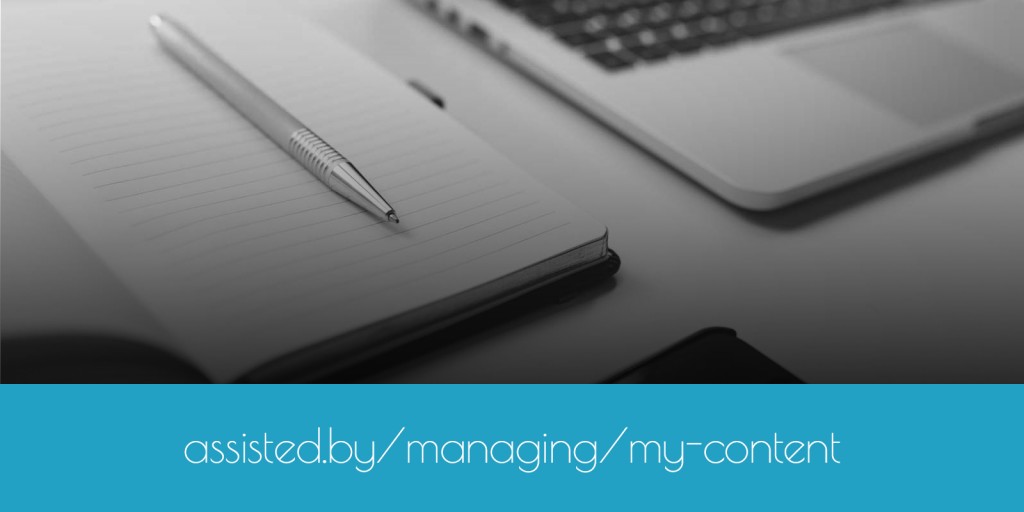
Organising Your Time To Be More Efficient
Organising Your Time To Be More Efficient
make the most of our time
A recent Huffington Post survey found that most people spend 25% of their workday reading and responding to emails. That’s a full quarter of your day just spent reading emails, many of which are unimportant or, at the very least, extremely low on the priority ladder. If you’re looking for ways to organise your time better so you don’t spend so much time doing low-value tasks, here are a few tips.
Plan the Night Before
One of the habits that most of the world’s most successful people share is pre-planning. They don’t just wake up in the morning and know exactly what they need to do that day. They go to bed with a plan already made. Do this by taking fifteen minutes at the end of each day to make yourself a to-do list for the next day. When you wake up, you’ll already have the tasks you need to accomplish laid out for you. It will be easy to get started when you know what you have to do.
‘Most people spend 25% of their workday reading and responding to emails’ Click To Tweet
Develop a System to Identify Higher Priority Tasks
Writing your next blog post is far more important than emptying your junk emails, for example. Your system should be your own and should reflect your priorities, but in general, the more important a task is, the higher its priority should be. Think critically about the things you do each day and in what ways they are helping you achieve your goals. If there are things you do every day that aren’t helping you achieve your goals at all, it’s time to cut those tasks out of your schedule.
Make Yourself a Schedule
Even if you are just starting out with organisation, you probably have a good idea of how long certain tasks take you. For example, you probably know that it takes you about an hour to go to the supermarket or that it takes you half an hour to write a blog post. Using a schedule with defined times, instead of just a to-do list can help you stay motivated when you are tempted to start procrastinating. It’s alright to build yourself some buffer, especially if you aren’t sure how long something will take, but a time deadline (even an artificial one, can be extremely helpful.
Start with Your Hardest Tasks First
Start your day by doing the hardest things. Once you’ve accomplished those things, the easier tasks will seem even easier. You will be surprised at how much better your day goes when you accomplish your hard tasks first. Additionally, you may find you even get your tasks done more quickly and can perhaps go home early. When you get to work, plan on diving headfirst into your most pressing business issue, and your most difficult task first.
For more small business tips, visit assisted.by today. We would also be happy to help you with your small business productivity needs. Call us at your convenience; we can’t wait to work with you.
